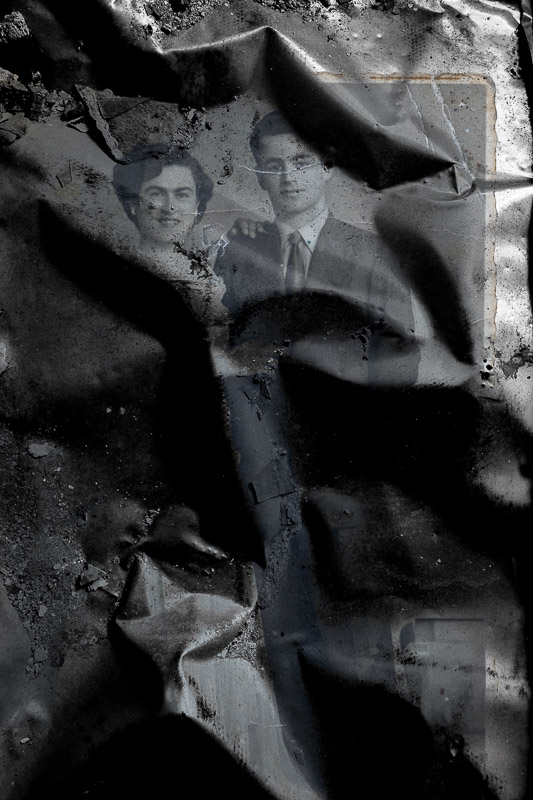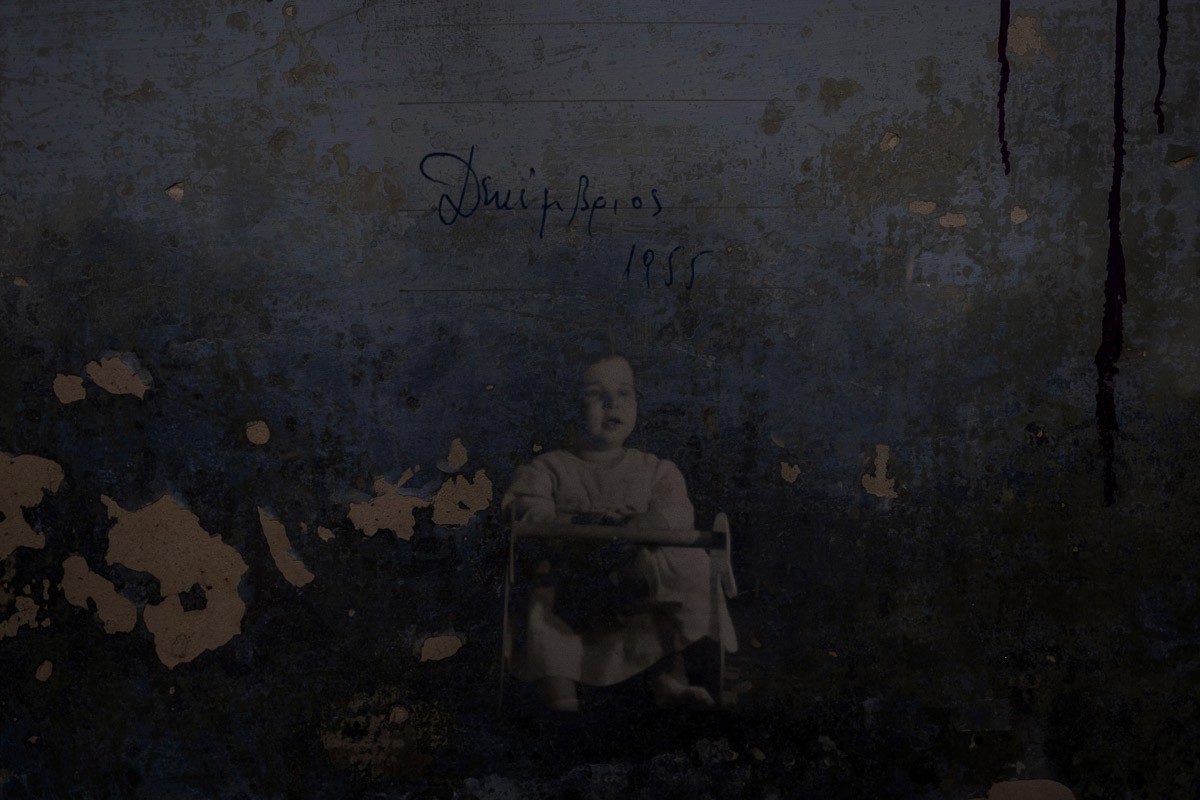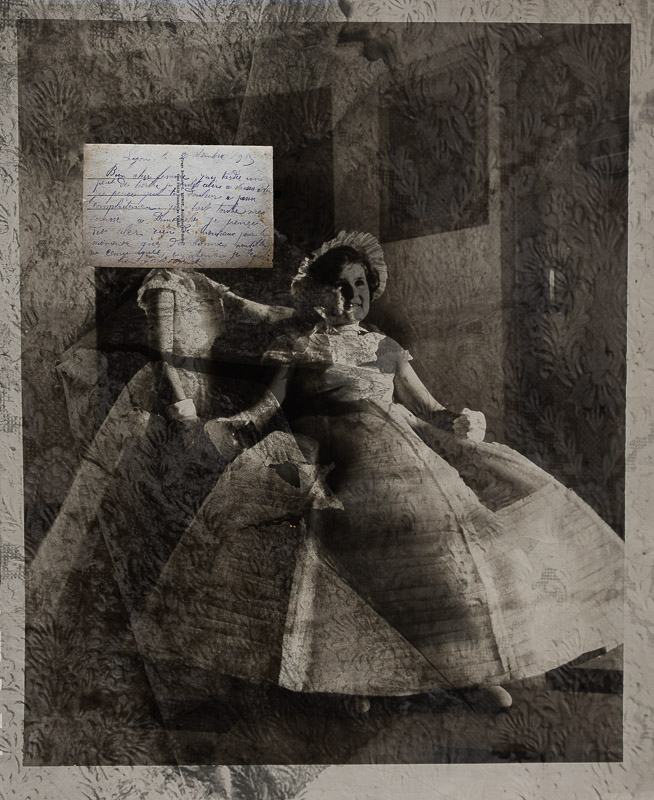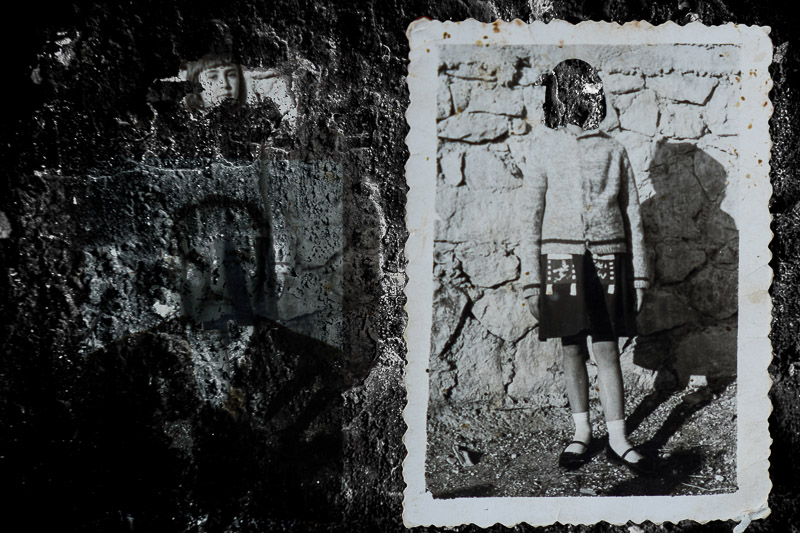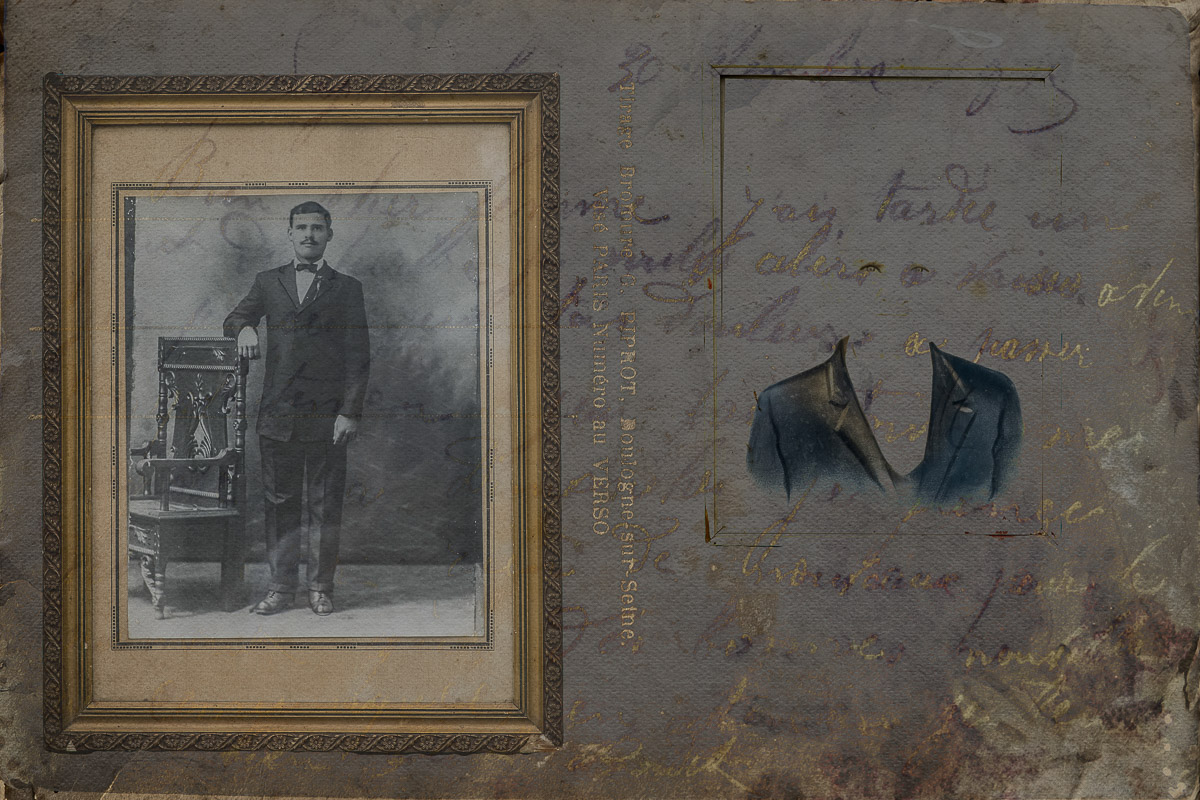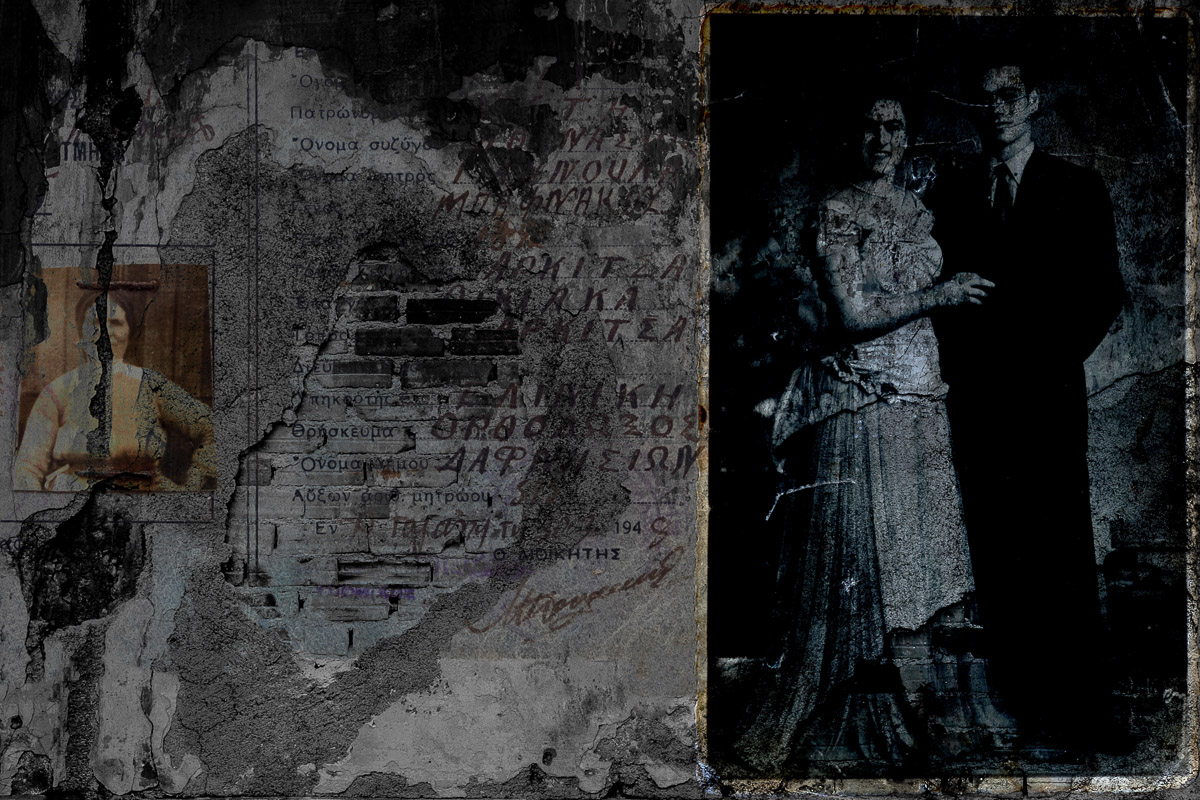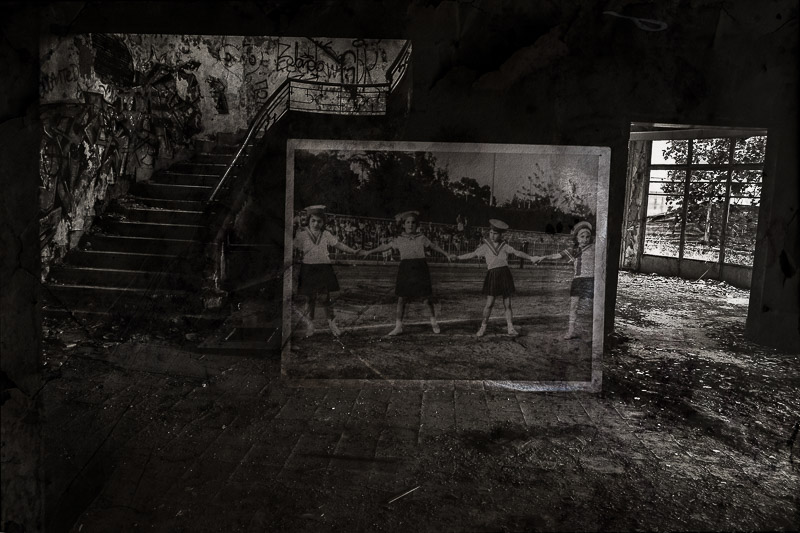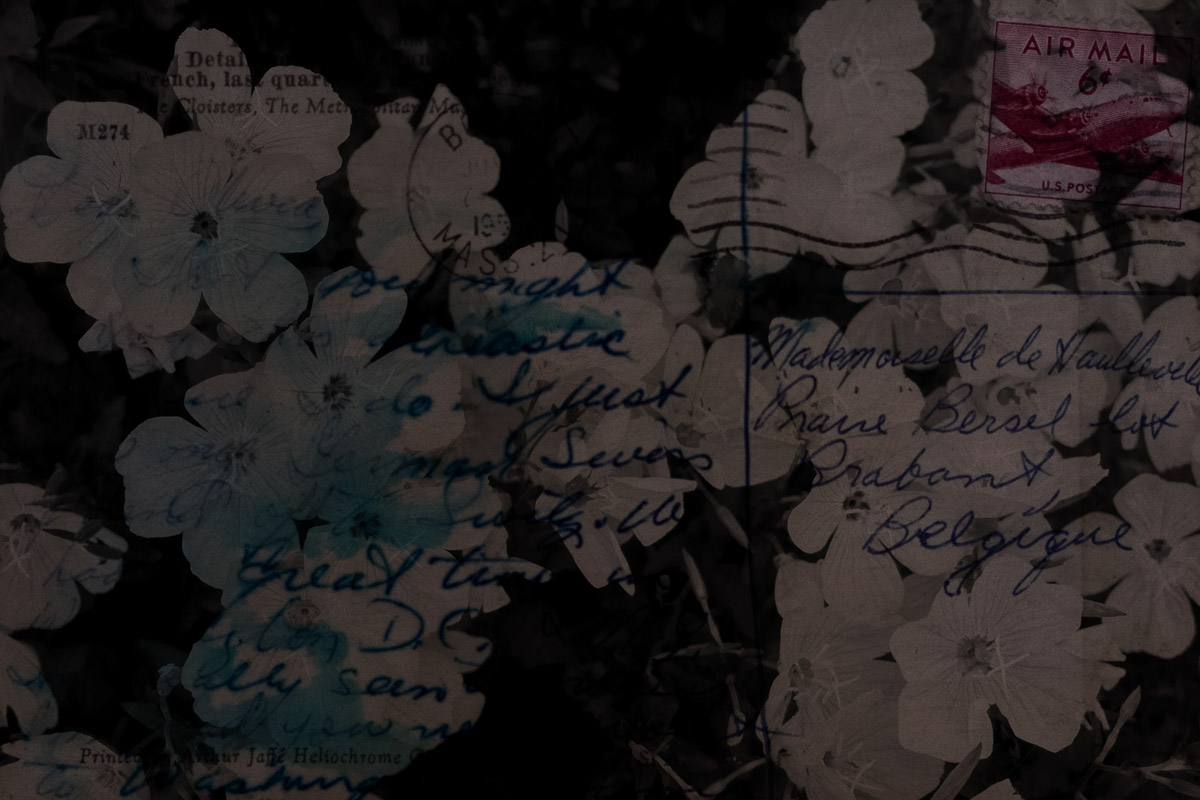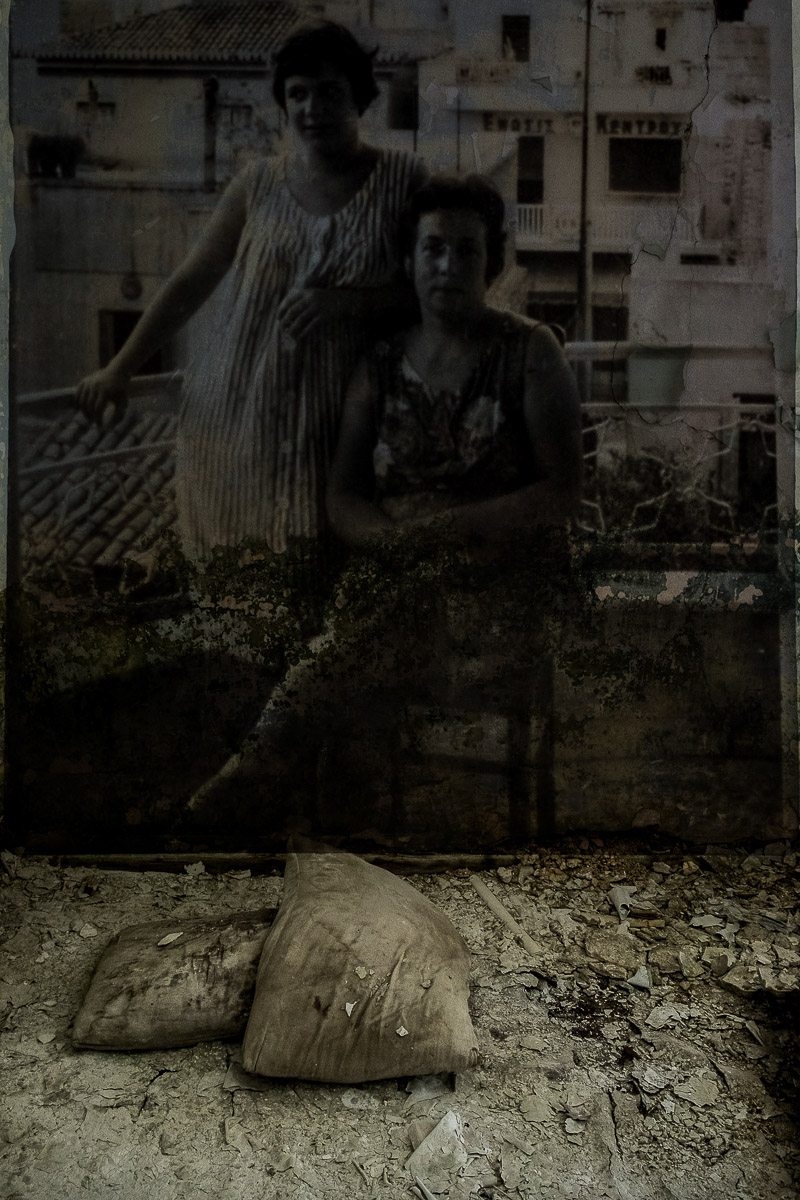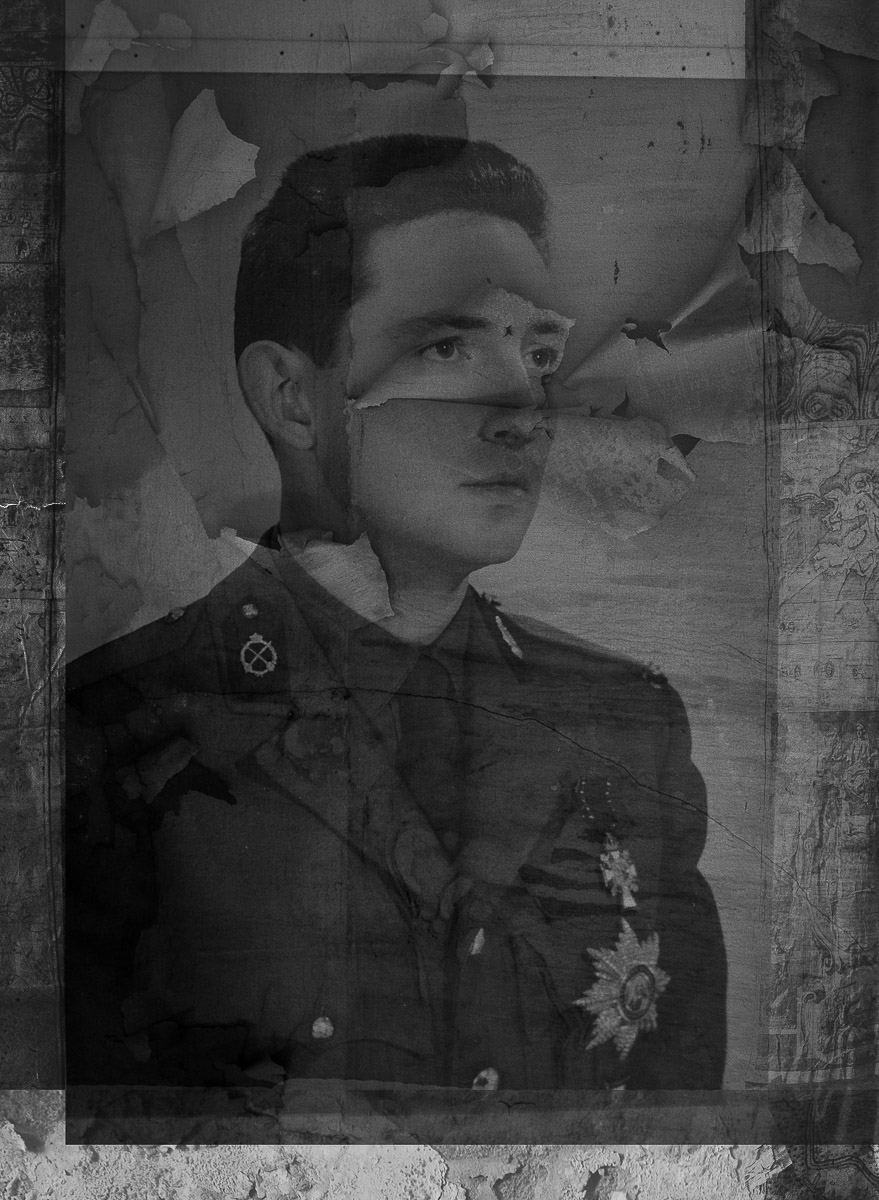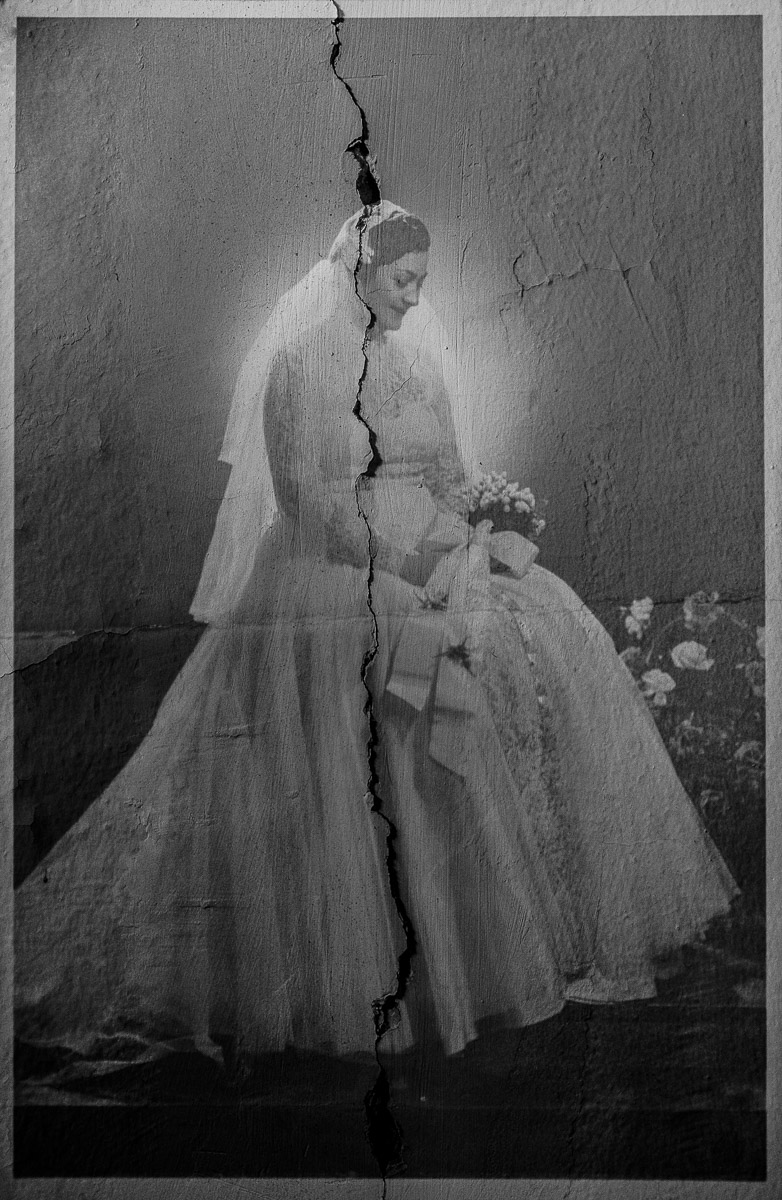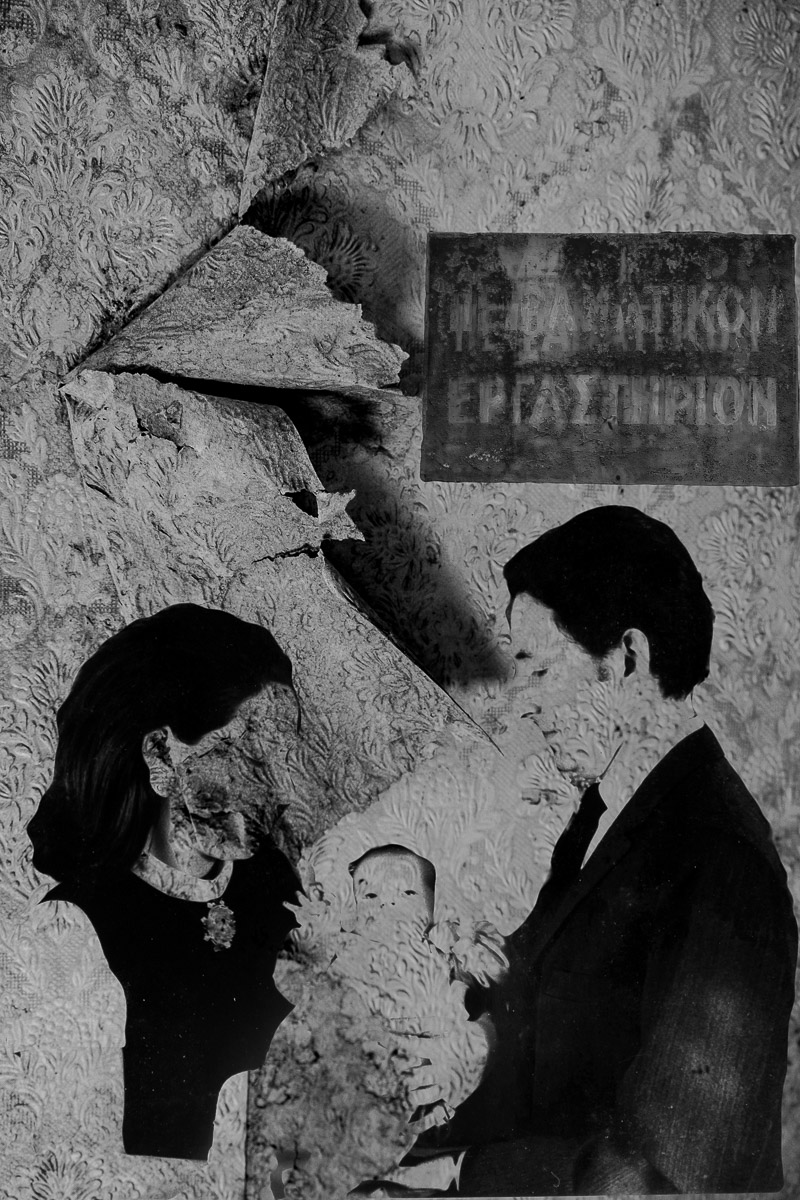Evanescentium Memento
evanescentium memento
How is it possible, that you can buy at
second-hand shops only with a few euros, pictures, that promise eternal
happiness, like wedding photographs, the birth of the first child, his first
Christmas?
Birthday photos, memories, one-day excursions, family moments all
full of dust, scarred from time passing over them and ending up in a vast
cemetery of pictures. What is photography after all? A fake contract with
eternity or the birth certificate of reality which reveals the temporary
personality of a memory?
Thrown away-abandoned-forgotten
pictures of unknown people.
In garbage bins, in antique shops, inside decaying
houses.
Pictures-images of a splitting childhood from which you try to escape even as an adult through
corruption and reconstruction.
Documentation of memories which transform into evidence of oblivion and abandonment. Human experiences which depict with time, detach. They are cut into pieces and become part of another history. Recreation evolving.
We recreate memories through pictures, we define our feelings through a lens, we record frantically in an objective-subjective way I dare say, the violent passing of time. The lens becomes the third eye.
Justification or desecration their
creative re-use?
Corruption of a forgotten era or just a death certificate of a
past reality?
The desire to see beyond the obvious, reflects in this project.
We project our own needs on pictures. We demand from
them.
We constantly talk about the power they have, how they make us feel, as
if they are alive. We look at them and expect a miracle to happen.
I wonder, what do the pictures want? In this particular unit, the roles revert. The pictures ask for and demand. To consider them as an independent and complex presence with many subjects and multiple identities. The pictures ask. They want to be asked, what it is they want.
The question changes every time, the answer remains always the same though. Nothing at all. They want nothing more than to make you wonder
© Translation by: Anastasia Chormova
"Imagination is what tends to become reality. That is what creates the white curve on a black canvas which is called thought. "
Andre Breton
